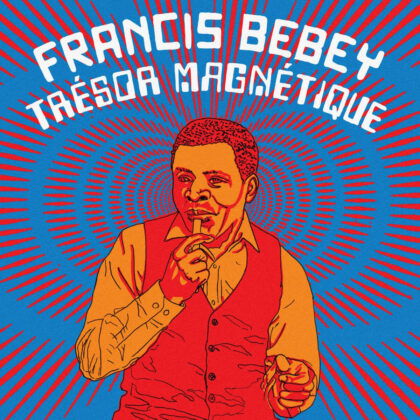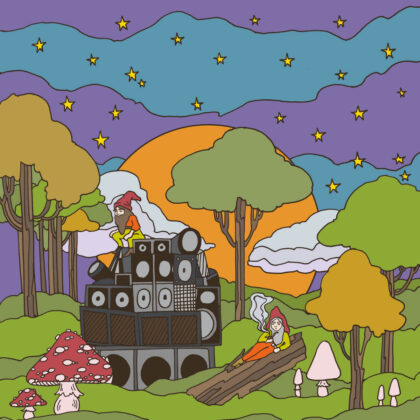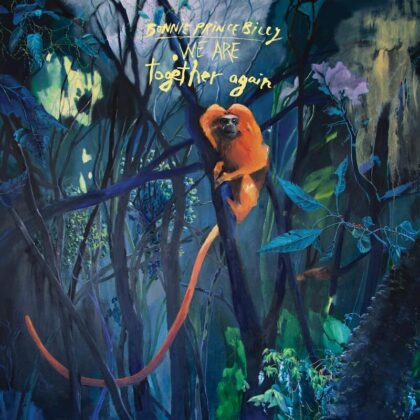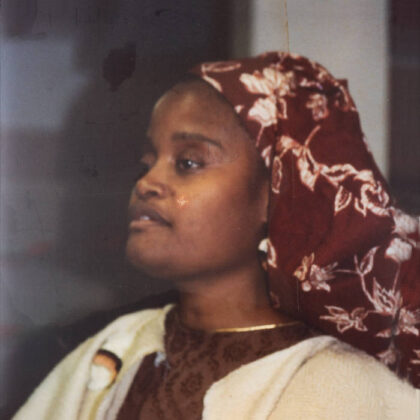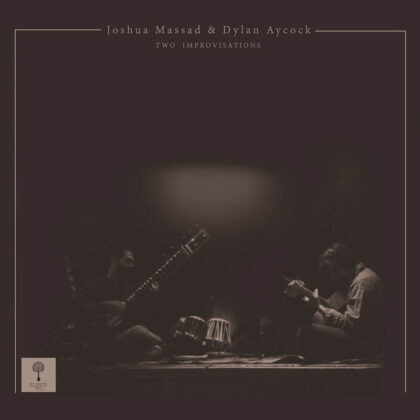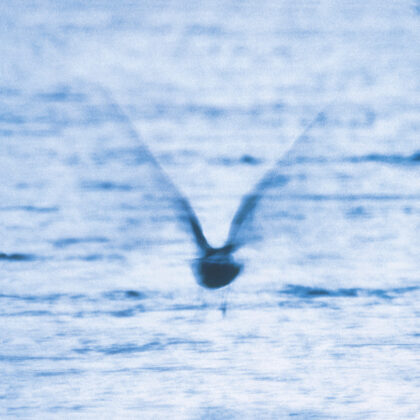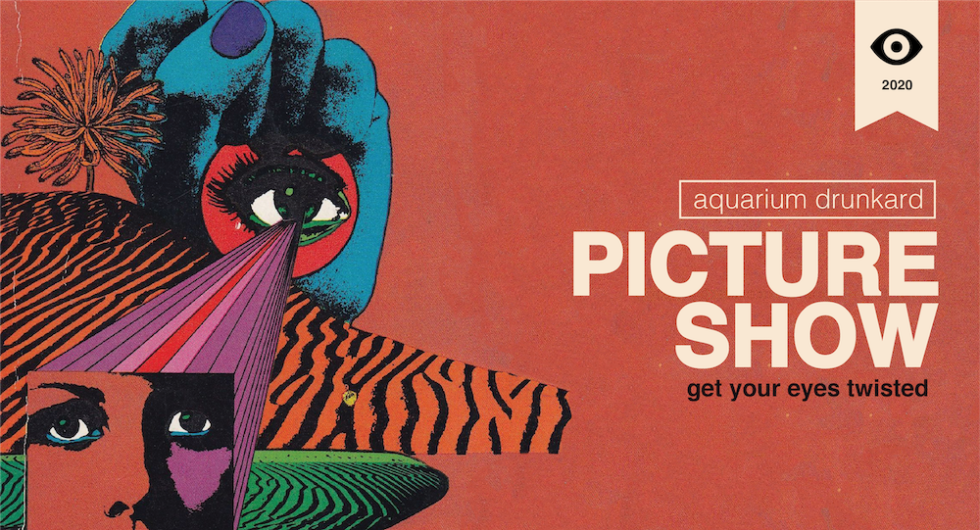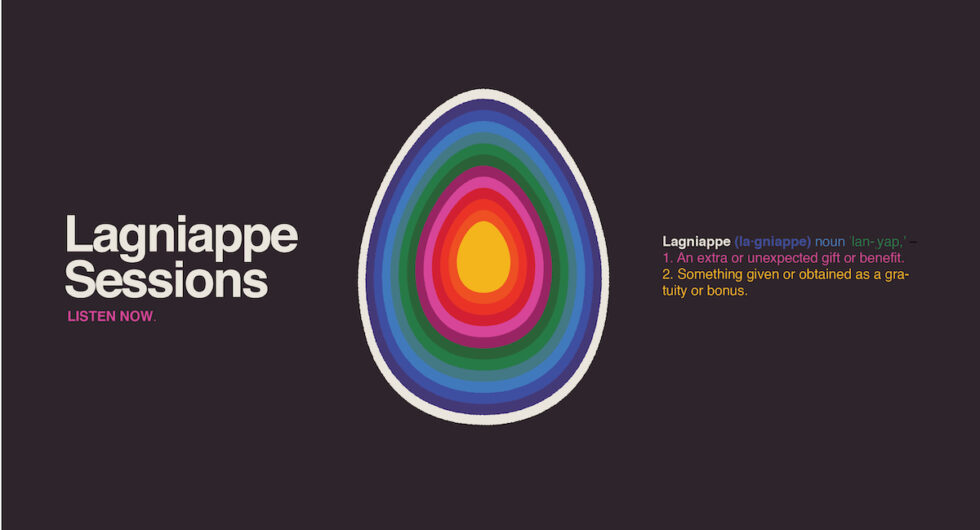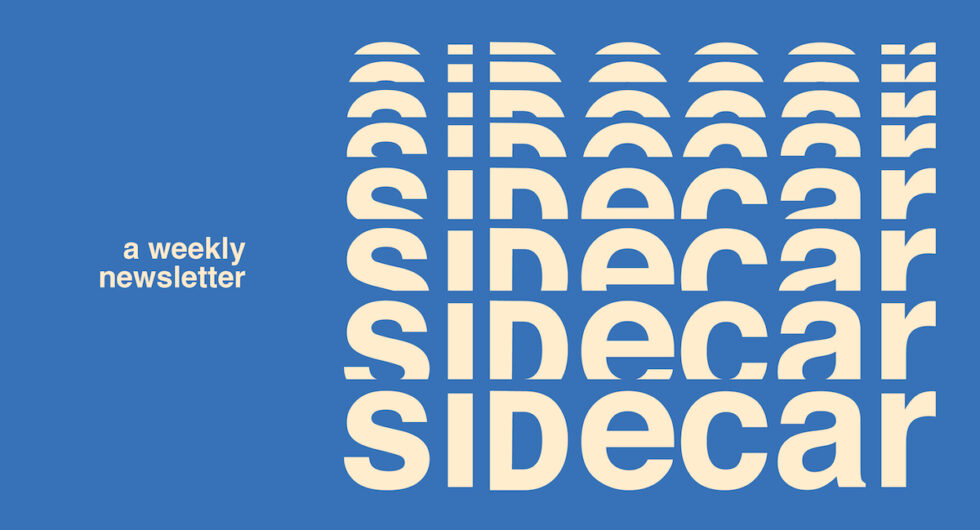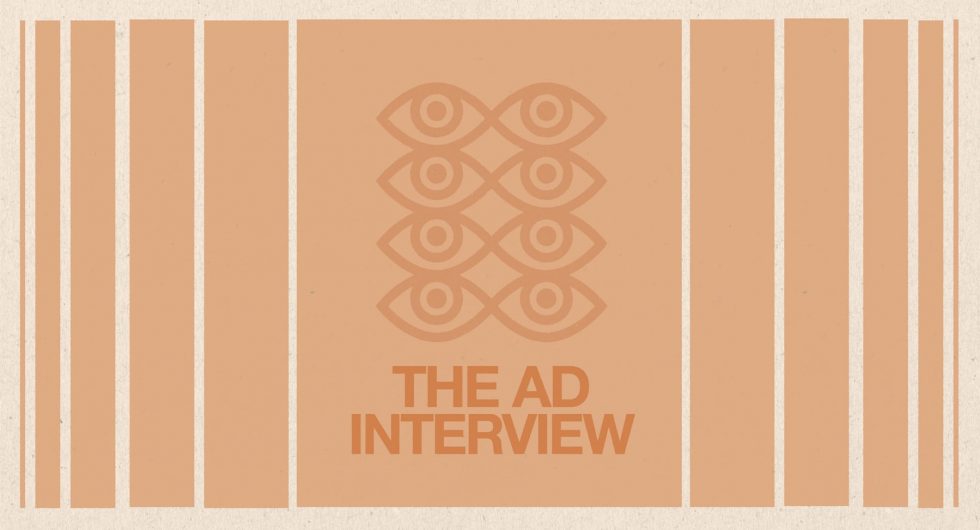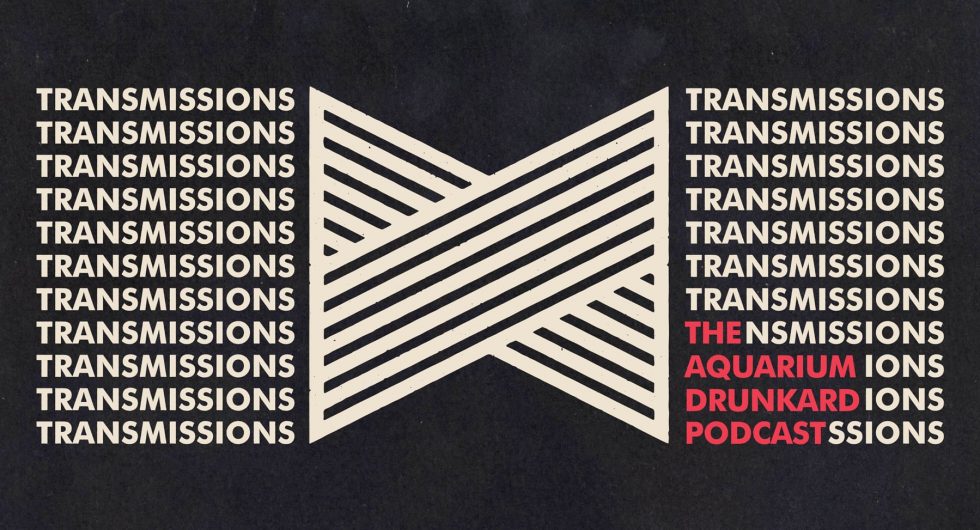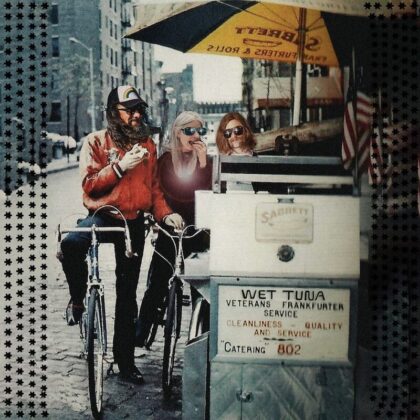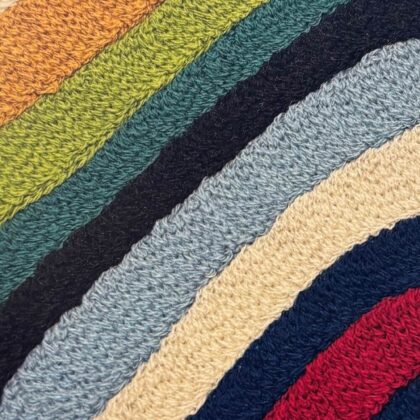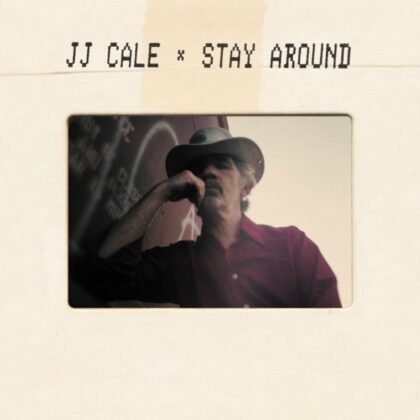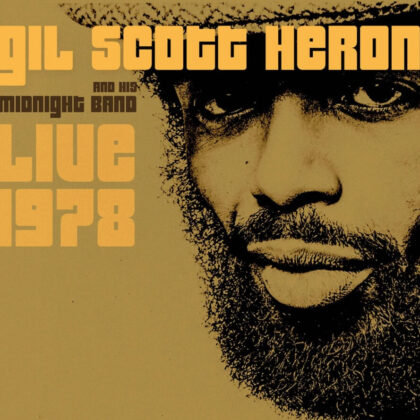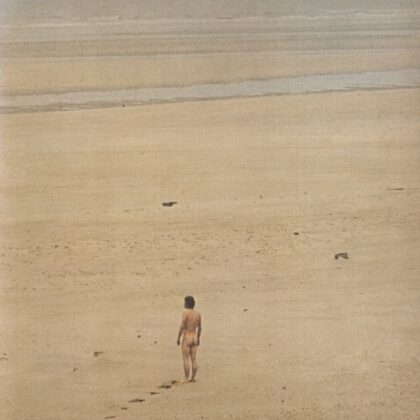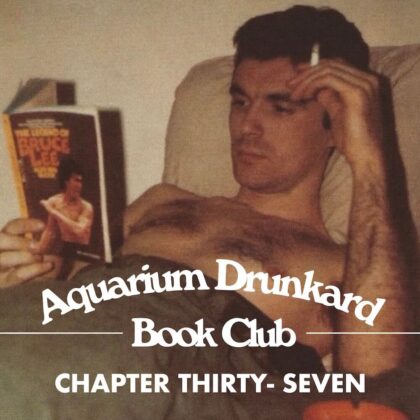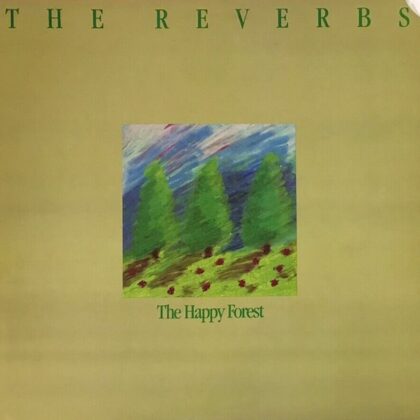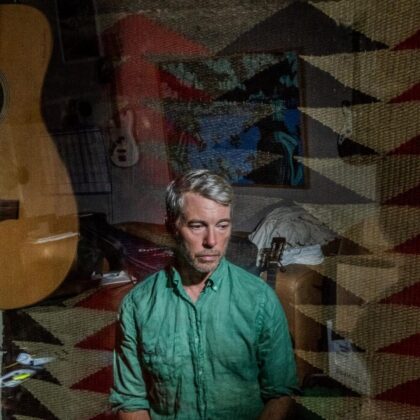Here comes the sun. Last spring saw the release of Trésor Magnétique, the latest posthumous compilation highlighting the works of Cameroonian musicologist, writer, composer, and broadcaster Francis Bebey. Culled from Bebey’s seemingly endless archives by his son Patrick, the collection unearths deep cuts spanning 1974 to 1986.
Matt Valentine :: The Aquarium Drunkard Interview
The latest Wet Tuna LP is called Vast — and you’d be hard-pressed to come up with a better title for this collection of strange and funky flights. It’s a wide-open, far-flung album, deeply textured and ridiculously detailed, but somehow spacious and inviting. A psychedelic micro-galaxy/macro-dose that teems with life and imagination. Close to a decade in, this is the fourth proper Wet Tuna offering (not counting an array of more “under-the-counter” situations), but the project is just another whistle-stop on the Matt Valentine express.
